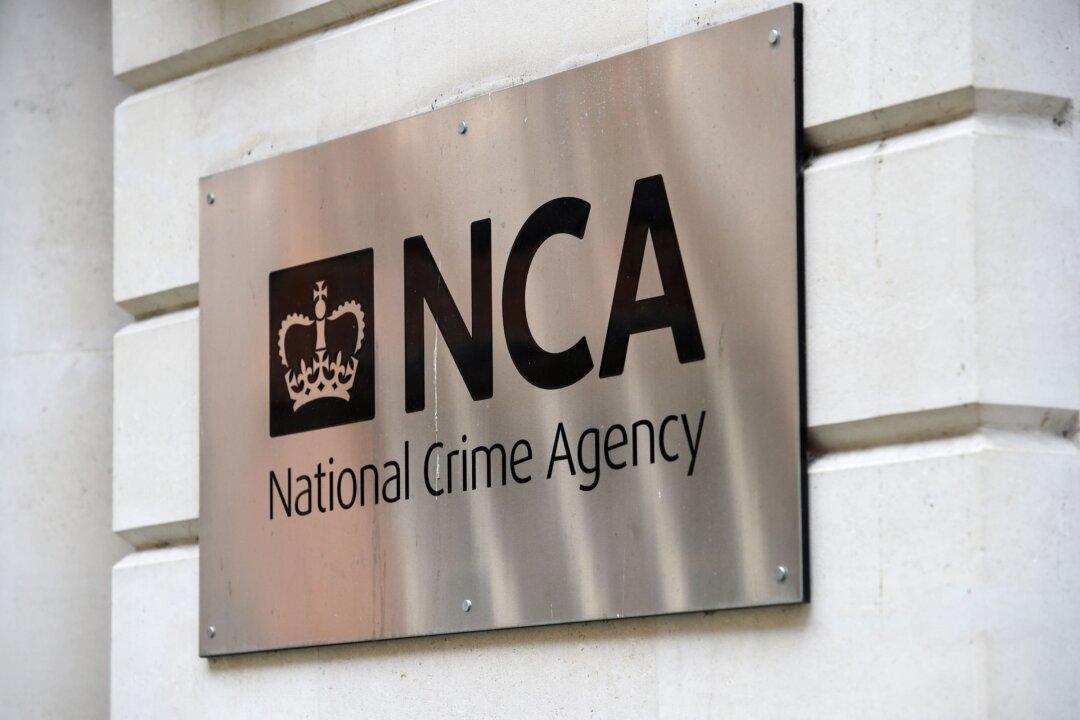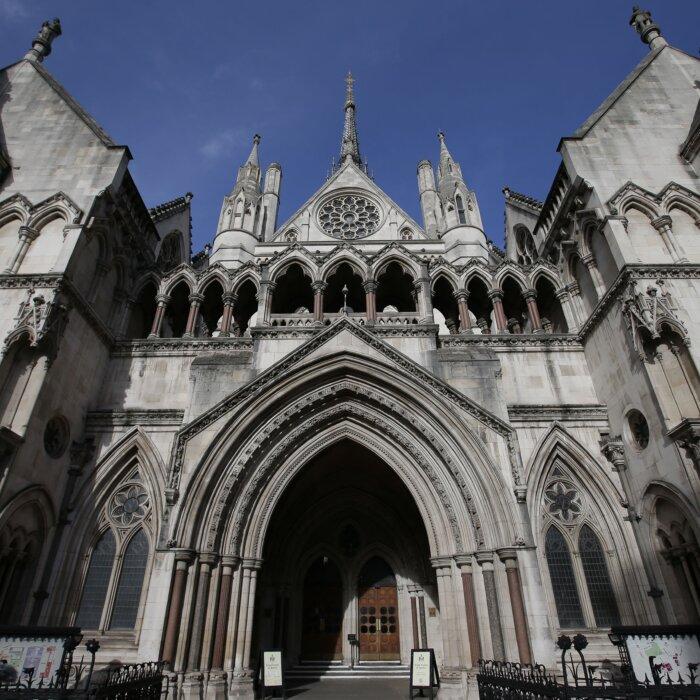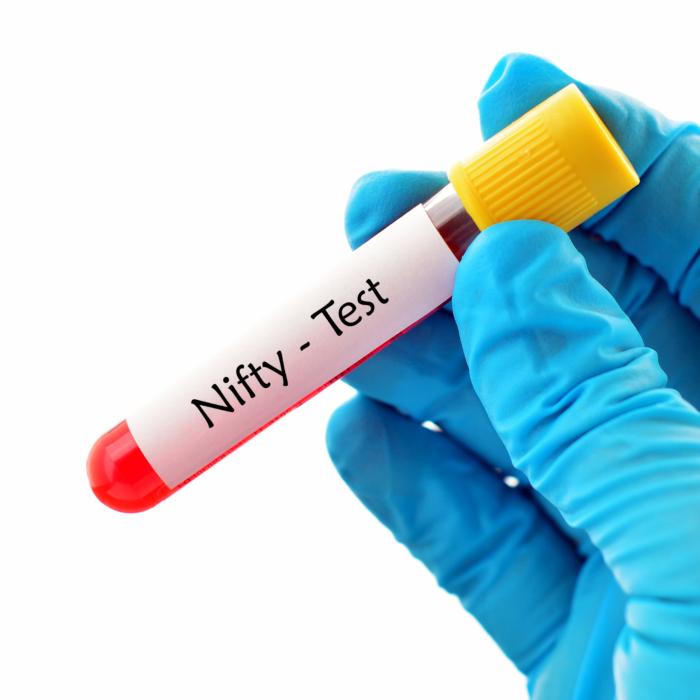The Court of Appeal has quashed the National Crime Agency’s (NCA’s) refusal to investigate cotton imports that are potentially linked to Uyghur slave labour in China, saying the decisions were based on reasons that are “wrong as a matter of law.”
Therefore, the NCA will have to reconsider whether to carry out an investigation under provisions of the Proceeds of Crime Act (POCA) 2002, the court said on Thursday.
‘Cried With Joy’
Rahima Mahmut, WUC’s UK director and executive director of Stop Uyghur Genocide, said she “cried with joy,” and hailed what she said was “a monumental victory and a moral triumph.”The three-year court case began in 2021 after the Government Legal Department told the WUC that the NCA decided not to open an investigation into cotton imports from China.
The letter said no POCA offence can arise unless “a specific consignment of goods” is identified as criminal property.
It also explained how authorities couldn’t seize cotton products even if they can be identified as criminal property because the “adequate consideration” provision under POCA means once an unsuspecting buyer imported the products, the criminal property becomes monies in the hands of the criminal in China, not the products in the hands of the buyer.
The WUC subsequently brought a legal challenge over the government’s failure to investigate the matter, arguing the authorities should proactively investigate suspected criminal activities rather than responding to evidence on a reactive basis.
‘Cart Before The Horse’
The WUC, with the support of the Global Legal Action Network and intervener Spotlight on Corruption, appealed the case, with the NCA being the sole remaining defendant.During a two-day hearing in May, Jonathan Fisher, KC, for the appellants, said the NCA had put “the cart before the horse” by not investigating without the identification of criminal property because “the whole point of the investigation is to see what it throws up.”
He also argued the “adequate consideration” exemption was construed too widely, enabling the importer of a criminal property to “cleanse the property by acting as a circuit breaker as it travels along the supply chain,” and that would “lead to a marketplace in criminal property.”
David Perry, KC, for the NCA, said the authorities couldn’t seize products based on the assumption that everything from Xinjiang is tainted with forced labour.
Sir James Eadie, KC, also for the NCA, argued authorities need to consider the endpoint before they begin an investigation, and that’s not necessarily putting the cart before the horse.
He said it “would be an absolutely extraordinary error” for the NCA to decide it needed a proven fact before launching an investigation into whether or not proof exists, therefore it’s very unlikely the agency had made such a mistake.
Question Unanswered in High Court
Overturning the High Court’s decision on Thursday, the judges said Mr. Justice Dove had “posed the correct question” which is whether the NCA’s approach amounts to a misdirection of law, but he never directly answered the question.The judges also said while Sir James’s argument that the NCA was unlikely to make the decision on bases that are obviously absurd and illogical is “powerful,” the reasonable reader would interpret the letter the way the appellants did.
Reacting to the judgement in a video message posted on social media platform X, Ms. Mahmut said: “After a four-year battle, justice has finally been served. This is a monumental victory and a moral triumph.
“With no international court to hold China accountable, the UK government’s inaction forced us to pursue this case. It is incredibly heartening to see that judges support our arguments.
“We fought against genocide and the forced labour of countless Uyghurs in East Turkestan [Xinjiang] under the CCP [Chinese Communist Party] regime. This win represents justice for those tortured and subjected to slave labour.”
She thanked the judges and lawyers and called on the government to implement tougher legislation.
In an email to The Epoch Times, an NCA spokesman said, “We respectfully note the judgment of the Court of Appeal and are considering our next steps.”







